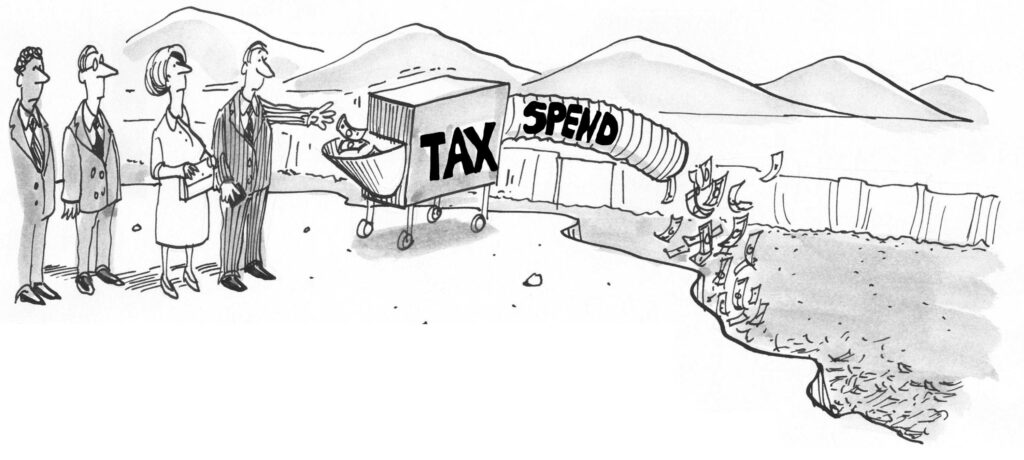CONTRIBUTION OR ADVANTAGES OF FISCAL POLICY
Fiscal policy refers to the use of government spending and taxation to influence the economy. Fiscal policy can be used to achieve a variety of goals, such as promoting economic growth, controlling inflation, reducing unemployment, and addressing income inequality. In this article, we will discuss the contribution or advantages of fiscal policy.
1. Economic Growth: Fiscal policy can help promote economic growth by increasing government spending on infrastructure, education, and other public goods. This spending can create jobs and increase demand for goods and services, which can in turn stimulate economic activity.
2. Counter-cyclical policy: Fiscal policy can also be used as a counter-cyclical tool to smooth out the ups and downs of the business cycle. During a recession, the government can increase spending or reduce taxes to boost demand and stimulate economic activity. During an economic boom, the government can reduce spending or increase taxes to cool down the economy and prevent inflation.
3. Control Inflation: Fiscal policy can be used to control inflation by reducing government spending or increasing taxes. This reduces demand and helps to lower prices. Alternatively, the government can increase taxes or reduce spending during times of inflation, to reduce demand and prevent prices from rising too fast.
4. Reduce Unemployment: Fiscal policy can be used to reduce unemployment by increasing government spending on job creation programs, such as infrastructure projects, education and training programs, and subsidies for businesses that hire workers. This can help to create jobs and reduce the unemployment rate.
5. Address Income Inequality: Fiscal policy can also be used to address income inequality by redistributing income through the tax system. The government can increase taxes on the wealthy and use the revenue to provide benefits to the poor, such as food stamps, housing subsidies, and healthcare.
6. Stabilize Financial Markets: Fiscal policy can also be used to stabilize financial markets during times of crisis, such as during the 2008 financial crisis. The government can inject liquidity into the financial system, provide bailouts to struggling firms, and implement regulations to prevent future crises.
In conclusion, fiscal policy can be an effective tool for achieving a variety of economic goals, such as promoting economic growth, controlling inflation, reducing unemployment, addressing income inequality, and stabilizing financial markets. However, fiscal policy also has its limitations, such as the risk of government debt and the potential for political interference in decision-making. Nevertheless, when used wisely and with proper oversight, fiscal policy can be a valuable tool for promoting economic prosperity and stability.


